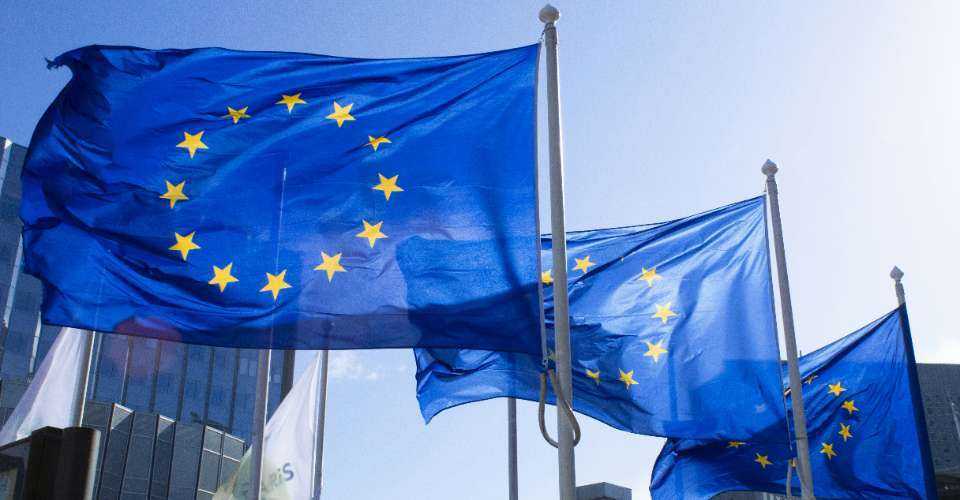
The European Union flags are seen fluttering in the air. (Photo supplied)
Introduction
Europeans will be called on to vote for their representatives in the European Parliament, from Thursday to Sunday, June 6 – 9, 2024. In a year marked by elections in many key countries (United States, Brazil, India, Indonesia, Pakistan to name only a few), the European elections might be an outlier, not being national elections, but they are certainly not the least important.
Almost 400 million European citizens are eligible to vote. This makes the elections second only to India’s federal elections in terms of representative democracy worldwide. Insofar as they influence EU policies, their impact is global. While the European Union might not be the economic powerhouse it once was, it still belongs, with the United States and China, to a very select group of states defining world politics at large.
European elections are also a unique affair. They span many different countries with wildly different history, traditions and languages. They mobilize dozens, if not hundreds, of political parties at national level, all offering their take on the issues of the day. They belong to a supranational system linking nation-states in a network of institutions and common obligations, in a setup that still is largely one of its kind.
The following pages do not pretend to offer a comprehensive view of all that is at stake in the 2024 European elections. A few pages obviously would not be enough. They only aim to present some challenges facing the elections, highlight their potential impact and identify a few crucial issues which Europe faces today, from a Catholic perspective.
What are Europeans voting for, exactly?
Firstly, what do European voters get to decide with their vote? The impact of one’s vote is after all very different depending on the democratic system the vote is cast in.
The European system is broadly threefold. The first component, the European Council, brings together representatives of Member States (ministers or heads of governments depending on the issue). It acts like a powerful president might (directing policy, finding compromises and the like) and like a higher chamber, sharing legislative power equally with the Parliament.
It is the institution least affected by the European elections. Its legitimacy stems from national elections, not from the European ones and its political balance can be very different from the parliament.
Indeed, the European Popular Party is currently the biggest group in the parliament but is not widely in government at the national level, especially not in major Member States. For the Council, the European Elections are at best a signal of their population’s current mood, seen through a national lens.
The European Commission can be seen as the administration of the EU, albeit with competences usually reserved to a government in a national context. The Commission prepares legislation, helps negotiate its adoption by the Council and Parliament and implements these laws including by issuing Delegated Acts that amend or supplement legislation.
It is supposed to be an independent actor and a guarantor of the Treaties. This neutrality is not achieved by making it fully managed by apolitical figures, but rather by the selection of varied political figures (in terms of national and political origins) to head the policy sectors of the Commission, through a process involving Member States, the future Head of the Commission and the Council.
The Commission is impacted to some limited extent by the European elections. Once selected, potential commissioners are interviewed by the Parliament and the College of Commissioners has to be accepted by a vote of the Parliament. This gives in practice the Parliament the authority to reject candidates
Read the complete article here.
This article is brought to you by UCA News in association with "La Civiltà Cattolica."


